
If education is the key to sustainable development, then Technical and Vocational Education and Training (TVET) is the master key, says Dr. Ramhari Lamichhane, Director General, CPSC, Manila.
For over four decades now, Colombo Plan Staff college (CPSC), Manila, continues to assert its role in advancing human resources development across the region and its member countries. In this Skill Story, we tried to capture how CPSC is contributing towards improving the quality of technical education and training by meeting the needs of technical education trainers and staff in the region. Read on to know more in the words of Dr. Ramhari Lamichhane, Director General, CPSC, Manila.
Q: Could you tell us the significance of CPSC in promoting TVET across its member countries?
A: After World War II, all the countries and colonies independent from the British empire in the Asia-Pacific region decided to form an organisation that would enhance the capacity of TVET teachers. The decision took place in Colombo, Sri Lanka in 1953 and hence the name Colombo plan. In 1973, CPSC was established in Singapore with an objective to improve the outcomes of TVET initiatives in the member countries. After 13 years of work in Singapore, the office was shifted to Manila and it is hosted by the Government of Philippines.
CPSC has four different functions:
- Capacity development of TVET teachers, managers, and policy makers
- Conducting Action Research on TVET
- Sharing TVET research, findings and publications with member countries
- Promoting partnership between TVET institutes, government and other technical colleges. Also, among member countries with other developed countries such as China, Korea, Japan, Canada and USA.
Therefore, CPSC plays a very significant and relevant role in promoting TVET. We promote TVET capacity building among the practitioners in relation to the latest technology, TVET curriculum, 21st century skills, sustainable TVET, like greening TVET, quality management system in TVET institution, strategic plan, monitoring, evaluation of TVET curriculum development and many other study programs. In fact, we provide 30 programs to member countries in different aspects of TVET.
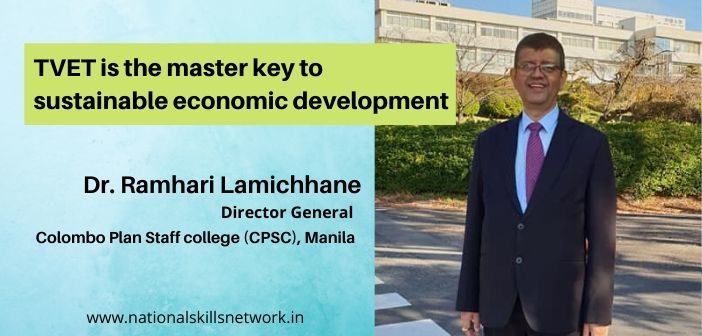 Q: What are the initiatives taken by your organisation to address the issues related to skilling programmes, like the secondary nature attached to it?
Q: What are the initiatives taken by your organisation to address the issues related to skilling programmes, like the secondary nature attached to it?
A: CPSC has developed different training manuals like Greening TVET, Project Management, Sustainable TVET, Technopreneurship and Entrepreneurship. We also developed training manuals which become guide books for research for TVET trainers. We also conduct different international programs partnering with our member countries. For example, we conduct courses on e-commerce in collaboration with Government of China, a course on Greening TVET with Toyota Motors, etc. Through our publications and training programs we also promote the impact of Industry 4.0 on TVET.
TVET has a high priority as it is the master key to socioeconomic development. CPSC is promoting quality TVET programs in secondary level and even in Diploma programs. School based TVET should have competent teacher, facilities and industries partnership. Otherwise, it will remain a wishful program. We support teacher training and accreditation of institutes.
With quality TVET program, graduates become 100 % employable. However, blue collar jobs are not getting the proper recognition in the society. There is still a social stigma attached to it. Therefore, we run a lot of training programs and hold conferences for image building of TVET graduates to enhance their social identity.
Q: Who is an ideal vocational teacher or trainer in your opinion?
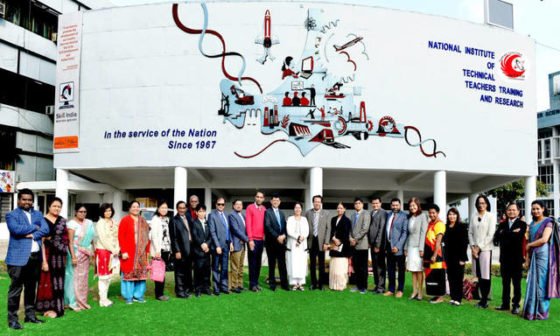 A: An ideal vocational teacher or a trainer would be someone from the industry who can link the industrial needs with the institutional competencies. So, it would be ideal to hire a trainer who is from the industry or someone who has a minimum of three years of industrial exposure.
A: An ideal vocational teacher or a trainer would be someone from the industry who can link the industrial needs with the institutional competencies. So, it would be ideal to hire a trainer who is from the industry or someone who has a minimum of three years of industrial exposure.
In most of the countries today, TVET teachers are the fresh graduates from the Universities. Therefore, there will be a problem while delivering the courses. This is because the fresh graduates do not know or understand the need of the industry as they do not have the experience.
Similarly, just like how we have beauty pageants, we should have similar competitions for TVET graduates, TVET trainers and TVET entrepreneurs within the TVET community. It will help in boosting their morale. At CPSC, we have a developed a guide for best TVET teacher competition and we have circulated it among the member countries. We also have a plan to organise Asia-Pacific TVET teacher competition.
Related article: PSSCIVE UNESCO UNEVOC TVET Conference 2020: Notes from a talk by Dr. Ramhari Lamichhane Read more: https://nationalskillsnetwork.in/psscive-unesco-unevoc-tvet-conference-2020-notes-from-a-talk-by-dr-ramhari-lamichhane/
Q: How is the participation of the member countries in CPSC?
A: All member countries in CPSC are active and extend their cooperation for many regional and international programs. All the 16 member countries have been supporting us from the very beginning. Countries support us in terms of nominating people to our college, financial contribution, etc. Government of India has been very active and they provide the faculty. India supports us not just financially but also by providing faculty to CPSC. Singapore helps us in conducting various international programs with member countries. Malaysia, Thailand and Philippines are more aggressive in promoting Asia-Pacific accreditation and certifications. Many institutions from these three countries have been given accreditation. Bangladesh is also one of the very active member countries and in the coming days, we will include more countries through accreditation.
Q: India has many short-term and long-term courses in skill development. Are there any prospects where short-term training providers in India can be capacitated with the help of CPSC?
A: Both TVET and labour market require short-term and long-term courses. Both of them have equal importance. If the training providers want to train their students with us, they are always welcome. Concerned ministries can also send their vocational trainers for industrial visits to other countries.
Many government programs in India like the Skill India program, under the leadership of Hon’ble Prime Minister Mr. Narendra Modi, are supporting this capacity building and collaboration with other countries. Therefore, India needs to develop collaborations and synergies between the ministries and other countries to ensure quality assurance for training the vocational teachers.
There is a need to develop a co-ordination mechanism with other ministries that run TVET programs. I also understand that there is a proposal to establish National TVET Authority in India, which will act as a coordinating body. This is will take India to a great position. However, TVET can survive only with good quality and latest technology. And for this, adherence to National Skills Qualification Framework (NSQF) is absolutely necessary while awarding the certificates. And , I’m sure India will soon lead through impactful implementation of the programs.
Subscribe to our YouTube channel for more updates:
Subscribe on YouTube

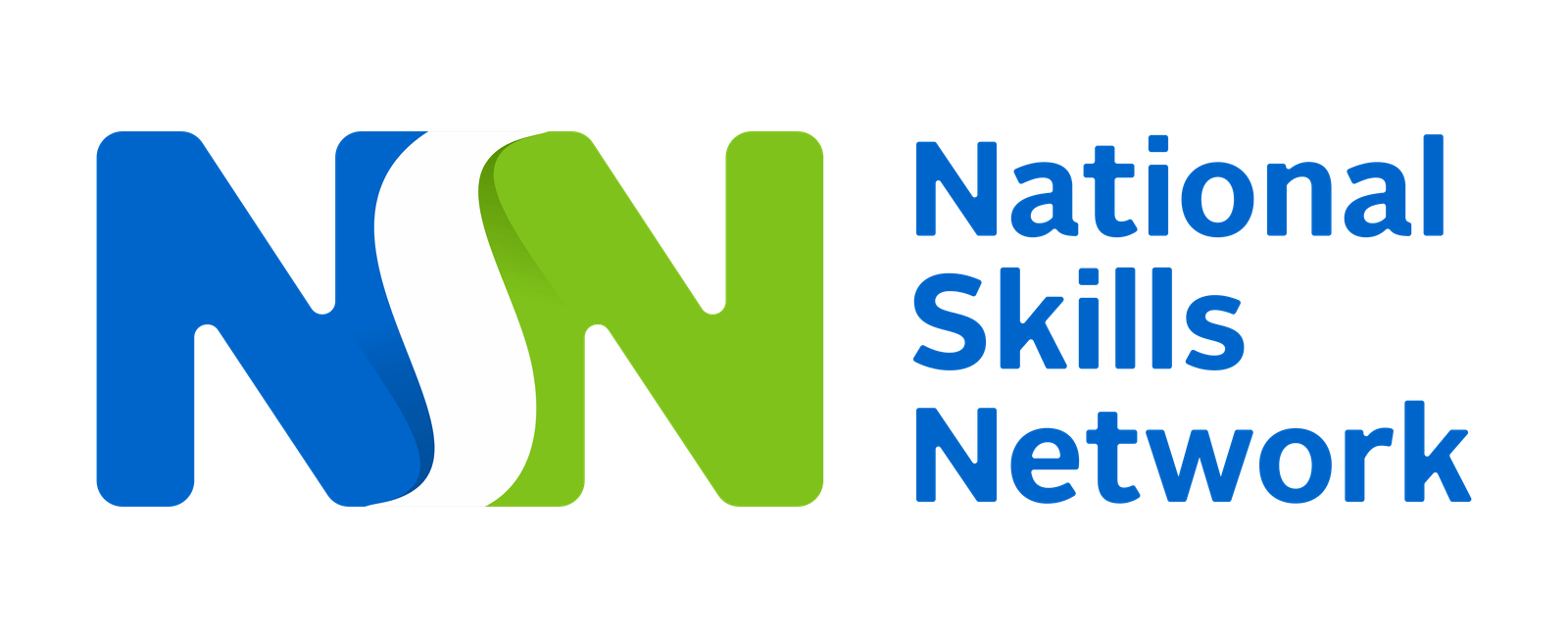
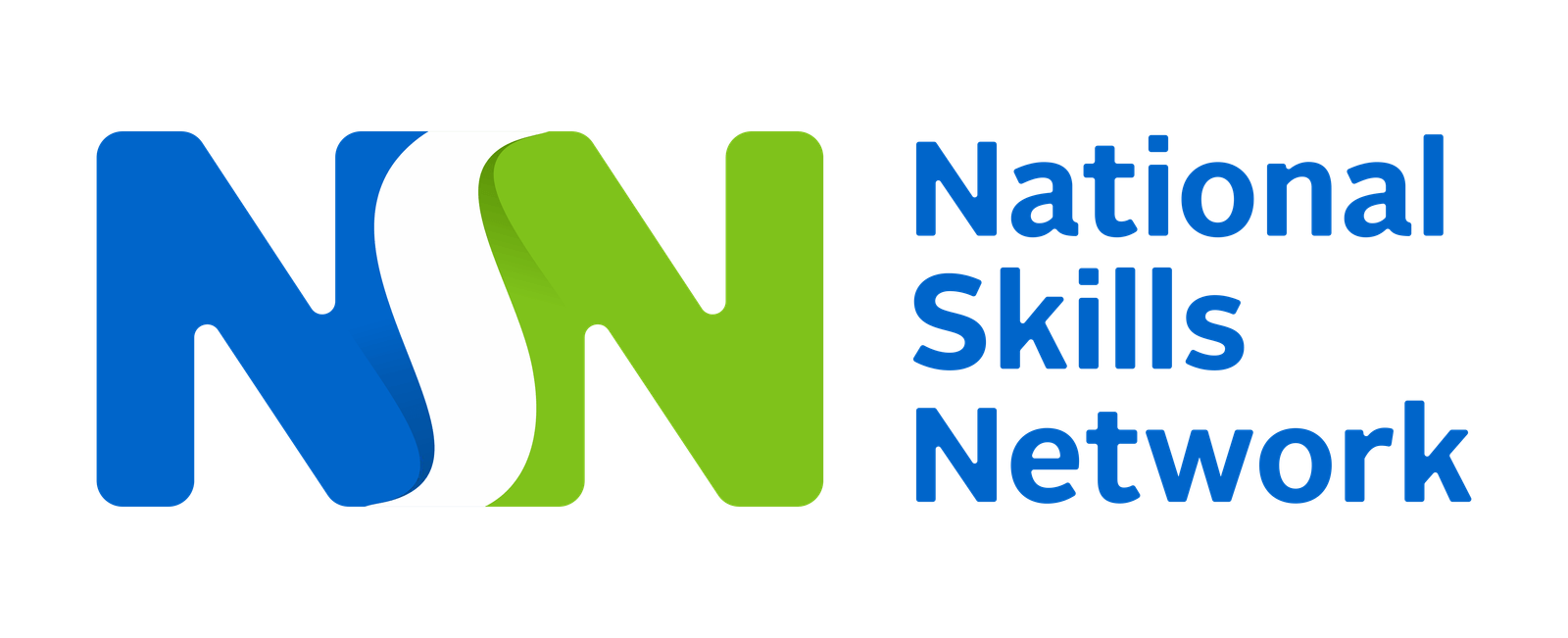
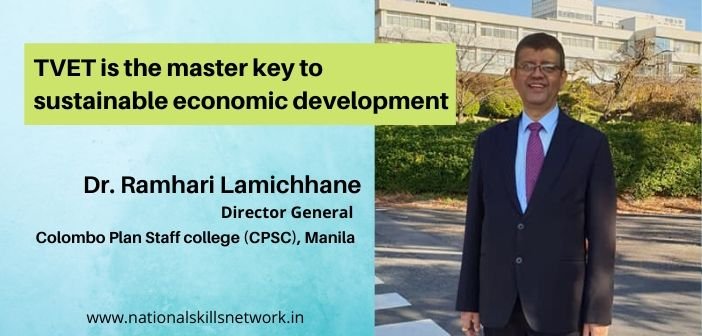










Nice Interview Indeed, Dr. Lamichane.